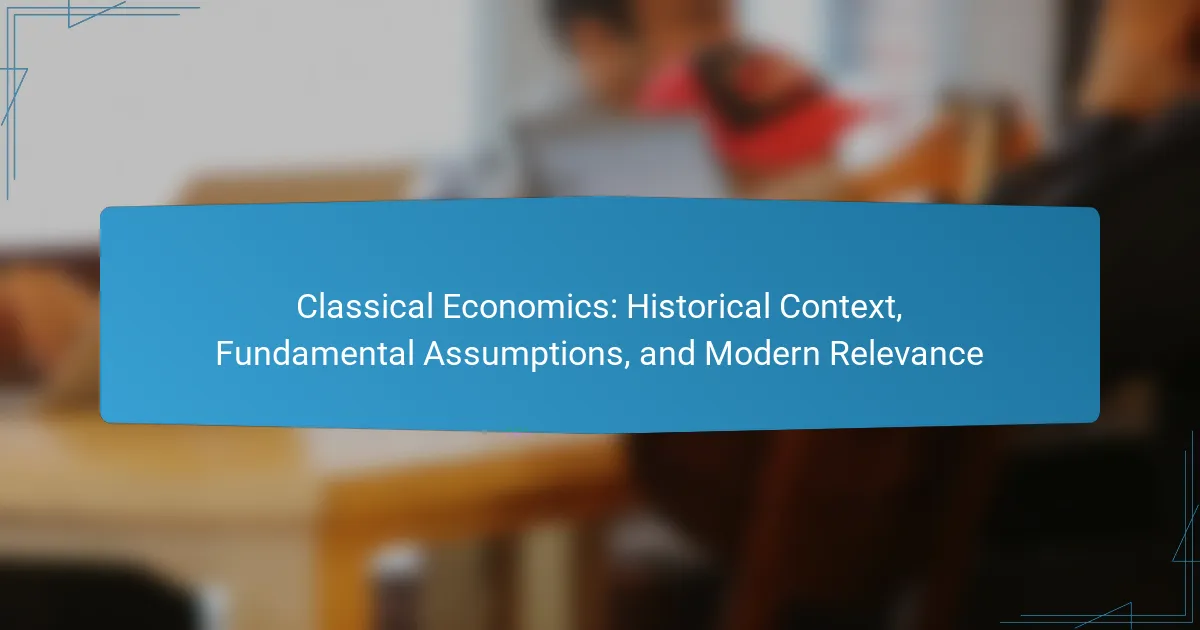Classical economics is a foundational school of thought in economic theory that emerged in the late 18th and early 19th centuries, prominently featuring thinkers such as Adam Smith, David Ricardo, and John Stuart Mill. This economic framework emphasizes free markets, self-interest, and the belief that markets are self-regulating, with supply and demand determining prices. However, […]
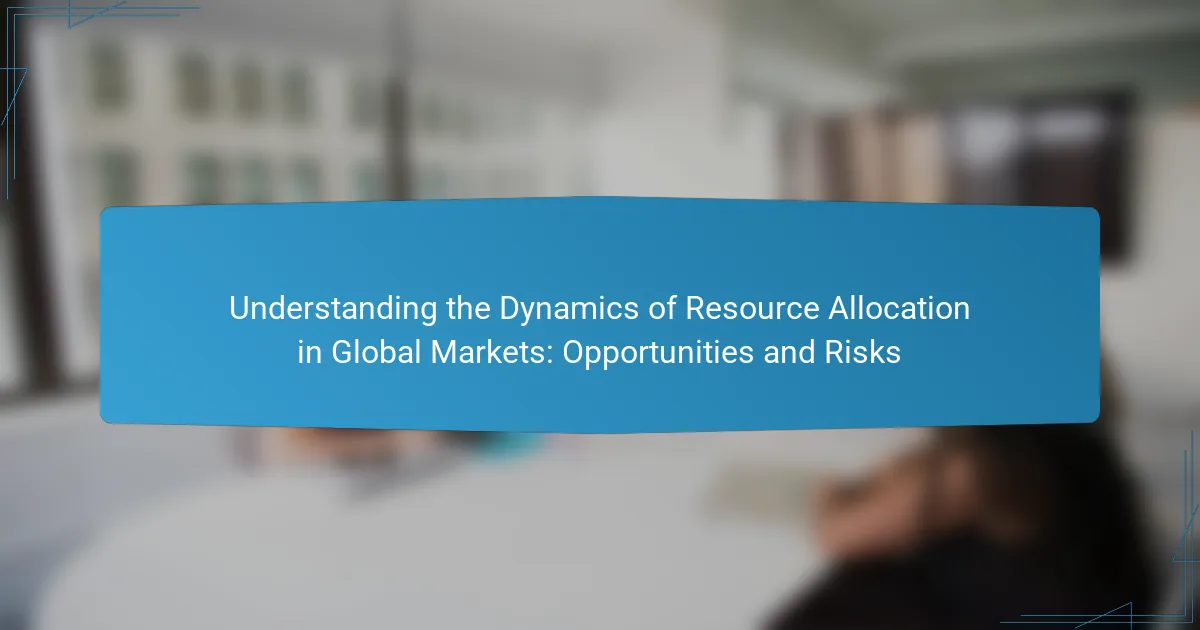
Understanding the Dynamics of Resource Allocation in Global Markets: Opportunities and Risks
Resource allocation in global markets involves the distribution of resources across various sectors and regions, influenced by supply and demand dynamics, market structures, and economic policies. Key factors such as globalization, technological advancements, and competition shape these allocation processes, with market signals like prices guiding decisions based on scarcity and consumer preferences. Government interventions, including […]
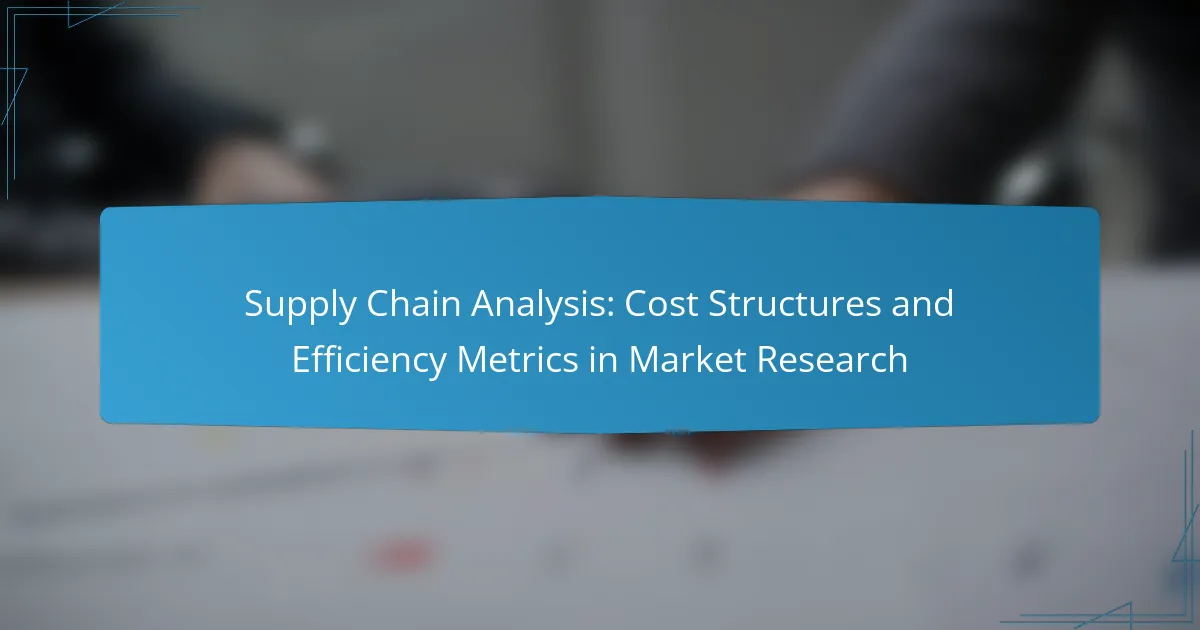
Supply Chain Analysis: Cost Structures and Efficiency Metrics in Market Research
Supply chain analysis is a critical process in market research that evaluates the various components of a supply chain, including suppliers, logistics, inventory management, and distribution channels. This analysis aims to identify inefficiencies and cost structures that affect business performance. By leveraging data-driven insights, companies can optimize their operations, reduce lead times, and enhance customer […]
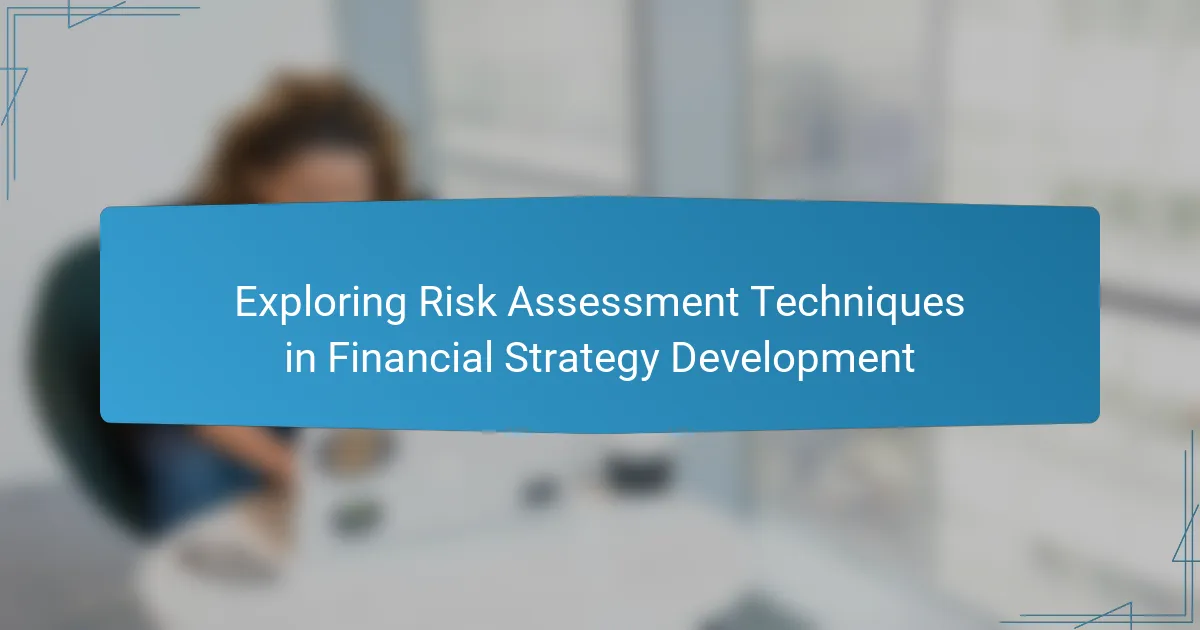
Exploring Risk Assessment Techniques in Financial Strategy Development
Risk assessment techniques are systematic methods employed in financial strategy development to identify, analyze, and mitigate potential risks. This article explores three common techniques: qualitative assessments, which rely on expert judgment to evaluate risks; quantitative assessments, which utilize numerical data to estimate potential financial losses; and scenario analysis, which investigates hypothetical situations to understand their […]
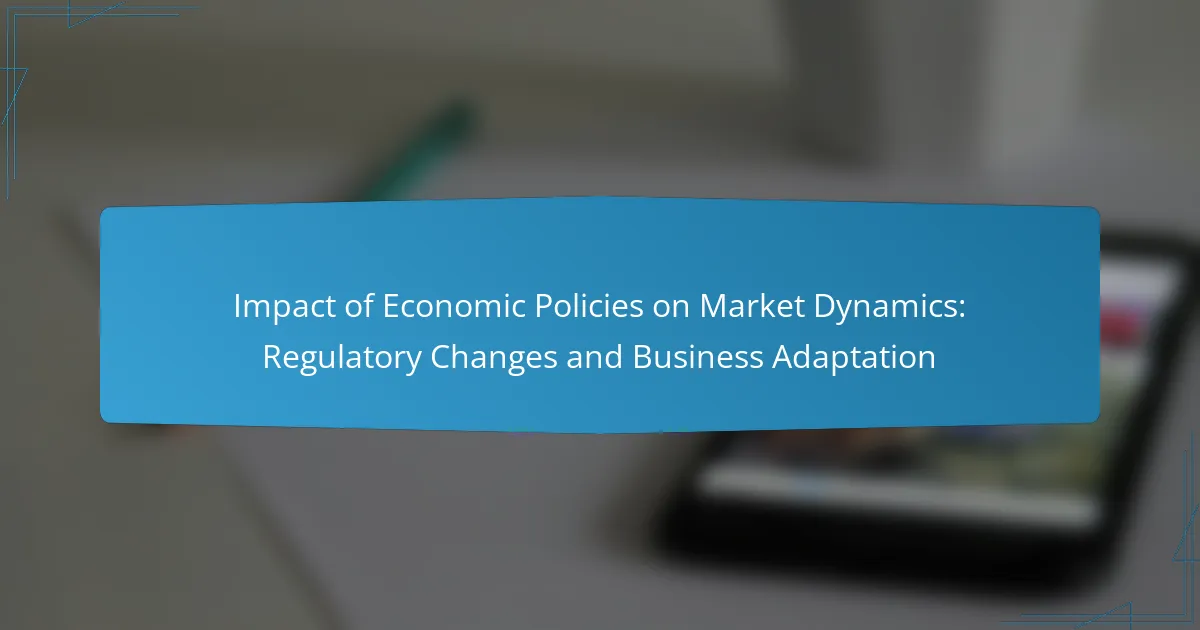
Impact of Economic Policies on Market Dynamics: Regulatory Changes and Business Adaptation
Economic policies play a critical role in shaping market dynamics by influencing the regulatory environment and business operations. Key types of economic policies include monetary policy, fiscal policy, trade policy, and regulatory policy, each affecting aspects such as interest rates, consumer spending, taxation, and operational costs. Changes in these policies can lead to shifts in […]
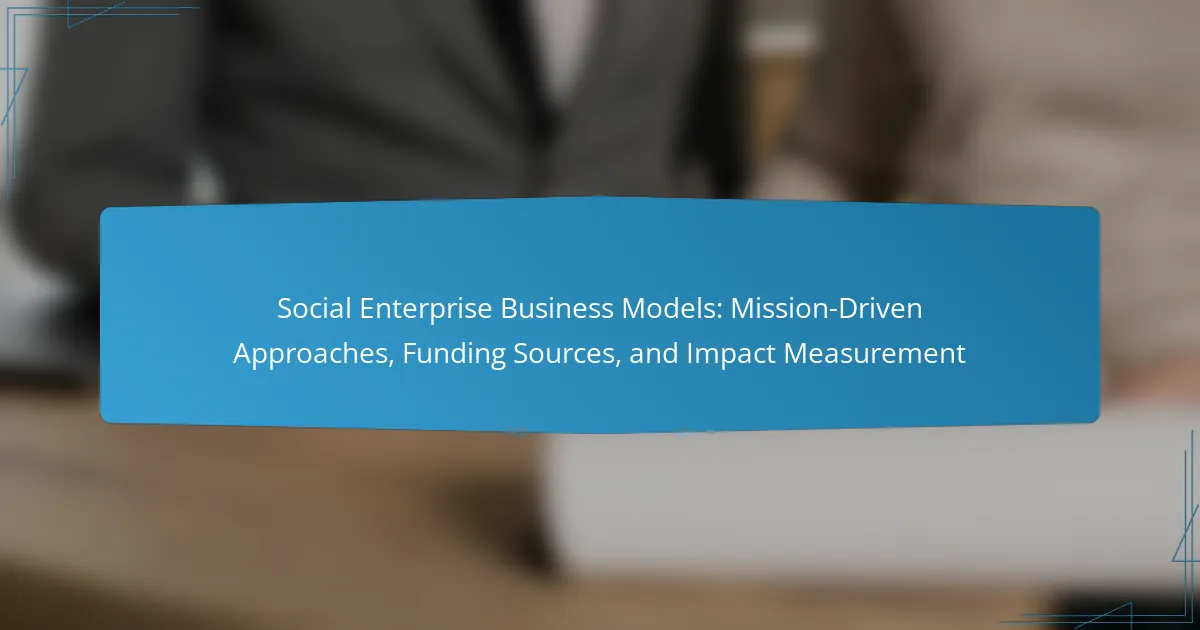
Social Enterprise Business Models: Mission-Driven Approaches, Funding Sources, and Impact Measurement
Social enterprise business models integrate social missions with revenue-generating activities to address societal challenges while maintaining financial sustainability. These models include non-profit organizations with earned income strategies and for-profit companies focused on social purposes. Funding for social enterprises comes from diverse sources such as government grants, impact investments, crowdfunding, and corporate partnerships. Impact measurement in […]
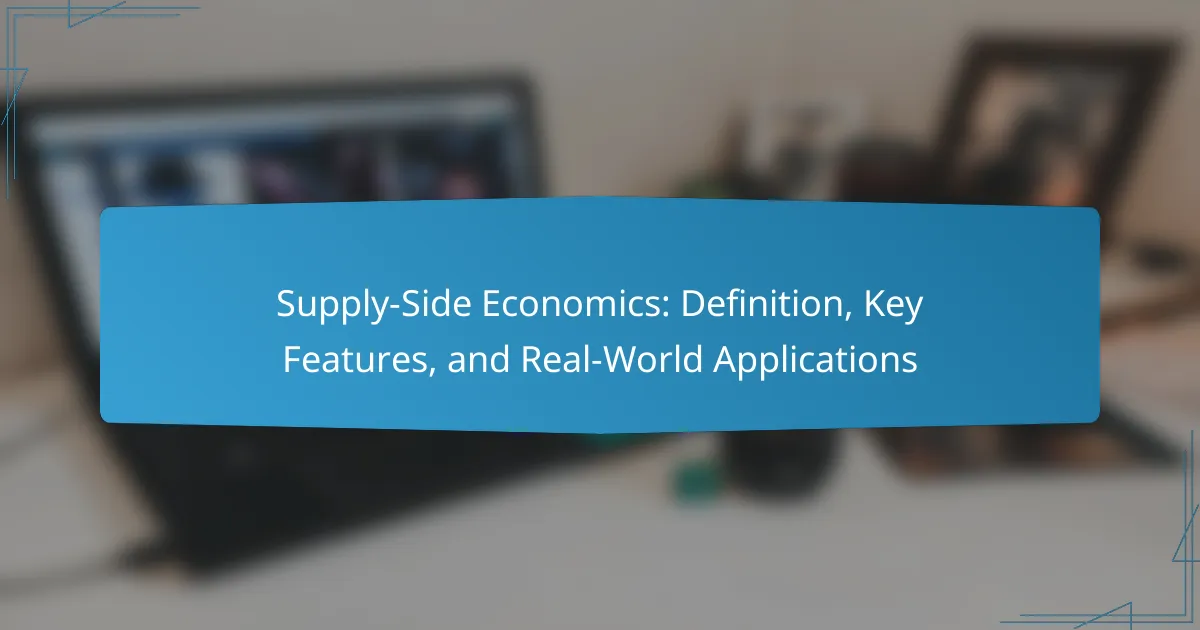
Supply-Side Economics: Definition, Key Features, and Real-World Applications
Supply-side economics is an economic theory that focuses on enhancing economic growth by increasing the supply of goods and services through lower taxes and reduced regulation. This approach is believed to stimulate job creation and investment, and it gained significant attention during the Reagan administration in the 1980s, particularly with the Economic Recovery Tax Act […]
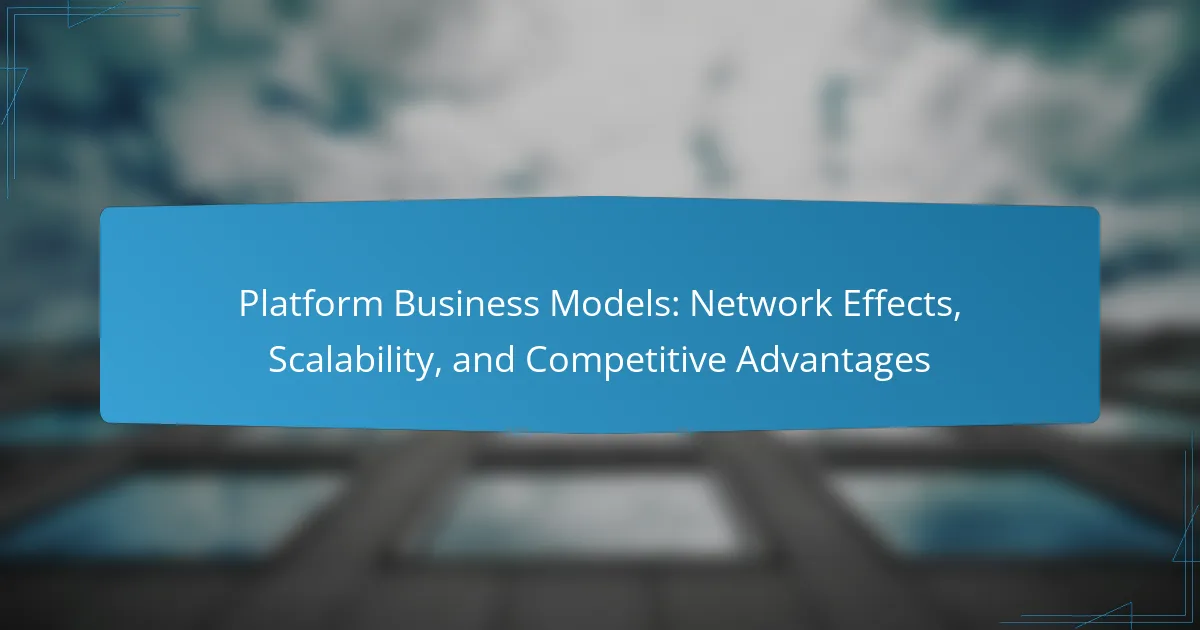
Platform Business Models: Network Effects, Scalability, and Competitive Advantages
Platform business models are frameworks that enable exchanges between multiple user groups, connecting consumers and producers on shared platforms. Key characteristics of these models include network effects, where the value of the platform increases with user participation, and scalability, allowing rapid growth without a proportional rise in costs. Successful platforms, such as Amazon and Airbnb, […]
